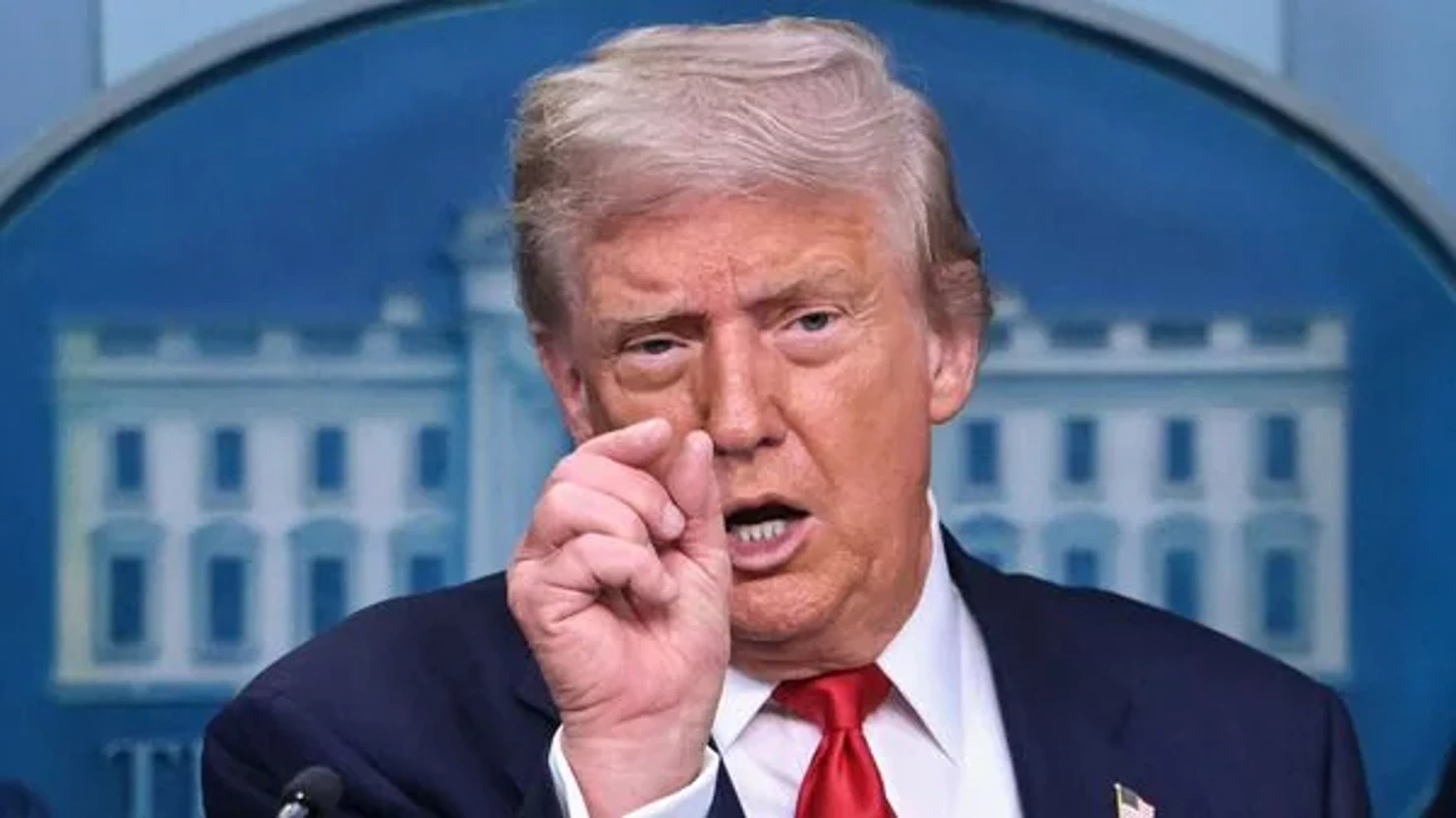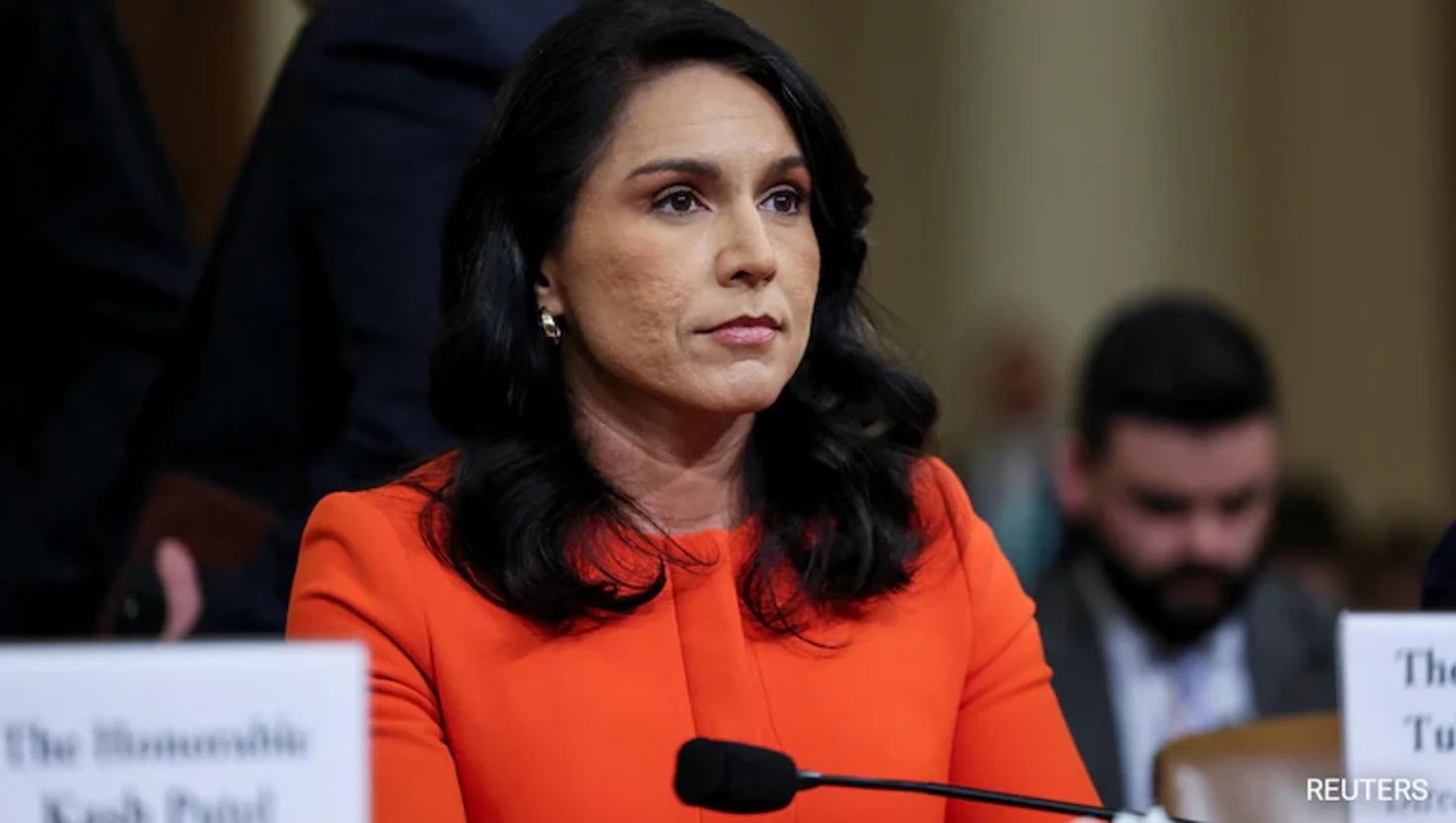US President Donald Trump imposes 30% tariffs on imports from the European Union and Mexico from 1 August

Trump posted letters on his social media account over tariffs
US President Donald Trump announces 30% tariffs on EU and Mexico from 1 August, threatening higher taxes if retaliated. The EU and Mexico prepare countermeasures.
In a letter addressed to European Commission President Ursula von der Leyen, Trump cited longstanding trade deficits and non-reciprocal trading practices as the reasons behind the decision. "We have had years to discuss our trading relationship with the European Union, and have concluded that we must move away from these long-term, large, and persistent, trade deficits, engendered by your tariff, and non-tariff, policies and trade barriers," Trump wrote.
The European Union, which is the United States' largest trading partner, had hoped to reach a deal before the tariffs come into effect. Von der Leyen expressed the EU's readiness to continue negotiations, stating, "Few economies in the world match the European Union's level of openness and adherence to fair trading practices." She added that the EU would take all necessary steps to safeguard its interests, including the adoption of proportionate countermeasures if required.
French President Emmanuel Macron expressed strong disapproval of Trump's announcement, suggesting that the EU should prepare credible countermeasures if no agreement is reached. Italian Prime Minister Giorgia Meloni emphasized the importance of reaching a fair agreement, stating that a trade war between the two sides of the Atlantic would make no sense. Dutch Prime Minister Dick Schoof called for unity and resolution within the EU to achieve a mutually beneficial deal with the US.
Germany's Association of the Automotive Industry warned about the potential impact on German carmakers and suppliers, describing the situation as regrettable. The trade deficit between the US and the EU was $235.6bn (€202bn; £174bn) in 2024, according to the office of the US trade representative.
In his letter to Mexico's leader, Trump criticized Mexico for not doing enough to stop North America from becoming a "Narco-Trafficking Playground." He acknowledged Mexico's efforts in securing the border but insisted that more needed to be done. Trump warned that if either the EU or Mexico retaliated with their own import duties, he would raise tariffs by a similar percentage over and above the 30%.
Mexico responded to Trump's threat, calling it an "unfair deal." The letter did not clarify whether goods traded within the 2020 United States-Mexico-Canada Agreement would be exempt from the proposed tariff hikes, as the White House had indicated would be the case with Canada.
Earlier this week, the White House sent a letter to Canada threatening a 35% tariff. As of Saturday, the Trump administration has proposed tariff conditions on 24 countries and the EU. White House trade adviser Peter Navarro set a goal to secure "90 deals in 90 days." So far, the president has announced the outlines of two such pacts with the United Kingdom and Vietnam amid ongoing negotiations.
Douglas Holtz-Eakin, a former Congressional Budget Office director and president of the center-right American Action Forum, suggested that serious trade talks had not taken place over the past three months. He noted that nations were instead discussing how to minimize their exposure to the US economy and Trump's policies. "They're spending time talking to each other about what the future is going to look like, and we're left out," Holtz-Eakin said
Context Section
The imposition of these tariffs marks a significant escalation in global trade tensions, with the potential to disrupt supply chains and increase costs for consumers and businesses. The move is part of a broader shift in US trade policy under the Trump administration, which has sought to address perceived imbalances and unfair trading practices through unilateral actions. This approach has drawn criticism from trade partners and economists, who warn of the risks of a global trade war and the potential long-term economic consequences.
The European Union and Mexico are crucial trading partners for the United States, and the introduction of these tariffs could have far-reaching implications for industries on both sides of the Atlantic. The automotive sector, in particular, is likely to feel the impact, as German carmakers and suppliers face rising costs. The situation underscores the interconnected nature of the global economy and the potential for trade disputes to have ripple effects across multiple sectors and regions.
As negotiations continue, the outcome of these trade talks will be closely watched by other countries and trade blocs, who may be considering their own responses to the US tariffs. The situation highlights the delicate balance between promoting national economic interests and maintaining cooperative international trade relations.

Trump Announces Federal Control Over Washington D.C. Police Force
President Donald Trump deploys the National Guard and assumes control of D.C. police as part of new crime and homelessness initiatives.
| 2025-08-12

Wrestling Icon Hulk Hogan Dies at 71, Leaving Lasting Legacy
Professional wrestler Hulk Hogan, known for his charisma and influence in the sport, passes away at 71, leaving a profound impact on wrestling culture.
| 2025-07-25

Tulsi Gabbard Publishes Documents Alleging Obama Administration Misconduct
Tulsi Gabbard has released documents claiming the Obama administration misused intelligence regarding the 2016 US presidential election.
| 2025-07-24

Federal Judge Blocks Trump's Birthright Citizenship Order Nationwide
A US judge halts President Trump’s order ending birthright citizenship, granting nationwide protection for children born to non-citizens.
| 2025-07-11

Starlink Approved to Launch Satellite Internet Services in India
India has authorised Starlink to operate satellite broadband, marking a milestone in expanding internet connectivity with Elon Musk’s low Earth orbit network.
| 2025-07-10




